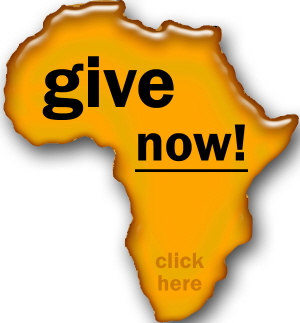This most basic participatory training is requested every where we go. Using a curriculum based on Lifewater International’s participatory training program, the Seeds of Hope hygiene staff equips participants with knowledge about good hygiene practices which they can then pass on to others. Women's groups, school children, and village leaders are all grateful for this straightforward teaching on disease transmission and the importance of hand-washing and latrines. People who have battled with sickness and disease their whole lives are realizing that change is possible, that there are things they can do to bring good health into their community. At a training in the community of Twapia, participant Elizabeth Kazembe responded, “I never knew that bad hygiene behaviors contributed to sicknesses in the community. Now I am aware of what it does and I will find better alternatives.” The hygiene trainings are conducted in a participatory method through the use of pictures and interactive activities, providing an accessible and memorable learning environment, even for those who have had little experience with formal schooling. Rather than being just handed information, community members are encouraged to work together to understand problems and come up with solutions for their community using local resources. All hygiene training participants are commissioned to take what they have learned and share it with those around them. Participant Ireen Tembo in the Mwanawasa ward said “In the same way the Lord called out the Hygiene and Sanitation team to give us these lessons, is the same way He has called us to reach out to others and give them the same news we have received.” She is determined to change her way of life for the better, and would also love to see other people live the same way. |
SHIP also conducts Training of Trainer (TOT) Trainings, focusing on providing community teachers and leaders with the tools to continue conducting further trainings themselves for others in the community. We feel that the participatory hygiene training is so important that we combine it in all other aspects of our work – the hygiene training is taught at newly drilled wells and pump repairs, and biosand filter recipients must participate in a hygiene training before receiving filter in their home. The World Health Organization states that by providing clean water to an area, the basic level of health in a community can be raised by 15-20% and by hygiene and sanitation training it can be raised 20-25%. However, when combining clean water with hygiene and sanitation a community’s basic level of health can be increased up to 85%. Seeds of Hope views the hygiene training as a critical part of a holistic community development strategy. |
 Locals learning how to build and use a "tippy-tap" handwashing device made from local, accessible materials. |
 Each training involves the students themselves, encouraging them to participate and learn how to then go and train others. |

